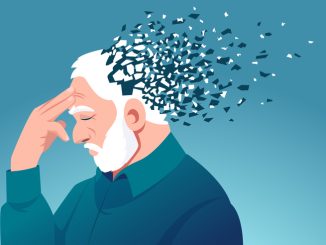In a stride towards understanding long COVID, researchers have identified specific biomarkers in the blood, laying the groundwork for potential blood tests that could definitively diagnose long COVID and guide tailored treatment strategies, offering practice managers crucial insights for effective healthcare administration and patient support in the evolving landscape of post-pandemic care
CREDIT: This is an edited version of an article that originally appeared on Medscape
Researchers from the Icahn School of Medicine at Mount Sinai and Yale School of Medicine conducted a comprehensive study, examining blood samples from approximately 270 individuals between January 2021 and June 2022. The participants included those who had never contracted COVID, fully recovered from an infection, or still exhibited symptoms at least four months post-infection.
Employing cutting-edge machine learning techniques, the research teams achieved an impressive 96% accuracy in distinguishing individuals with long COVID from those without, based on unique characteristics identified in the blood samples, as detailed in a Mount Sinai news release.
Decoding abnormal T cell activity and hormonal levels
Individuals with long COVID showcased abnormal T cell activity and lower levels of the hormone cortisol. The latter, responsible for promoting alertness and wakefulness, could elucidate the pervasive fatigue reported by long COVID sufferers, as highlighted in an NBC News report on the study.
“It was one of the findings that most definitively separated the folks with long COVID from the people without long COVID,” noted Putrino in an interview with NBC News.
The study also uncovered that long COVID appears to reactivate latent viruses, including Epstein-Barr and mononucleosis, shedding light on the complex nature of the condition.
Tailored treatments on the horizon
The potential for blood tests to identify specific biomarkers opens avenues for tailoring treatments to individuals reporting a myriad of long COVID symptoms.
“There is no ‘silver bullet’ for treating long COVID because it is an illness that infiltrates complex systems such as the immune and hormonal regulation,” emphasised Putrino.
CDC statistics and the ongoing challenge
According to the CDC, approximately one in five Americans who had COVID continue to grapple with long COVID symptoms, encompassing fatigue, brain fog, dizziness, digestive issues, and loss of smell and taste.
As the medical community unravels the intricacies of long COVID, practice managers play a pivotal role in translating these findings into practical strategies for identifying, supporting, and potentially tailoring treatments for individuals within their healthcare practices.



Be the first to comment